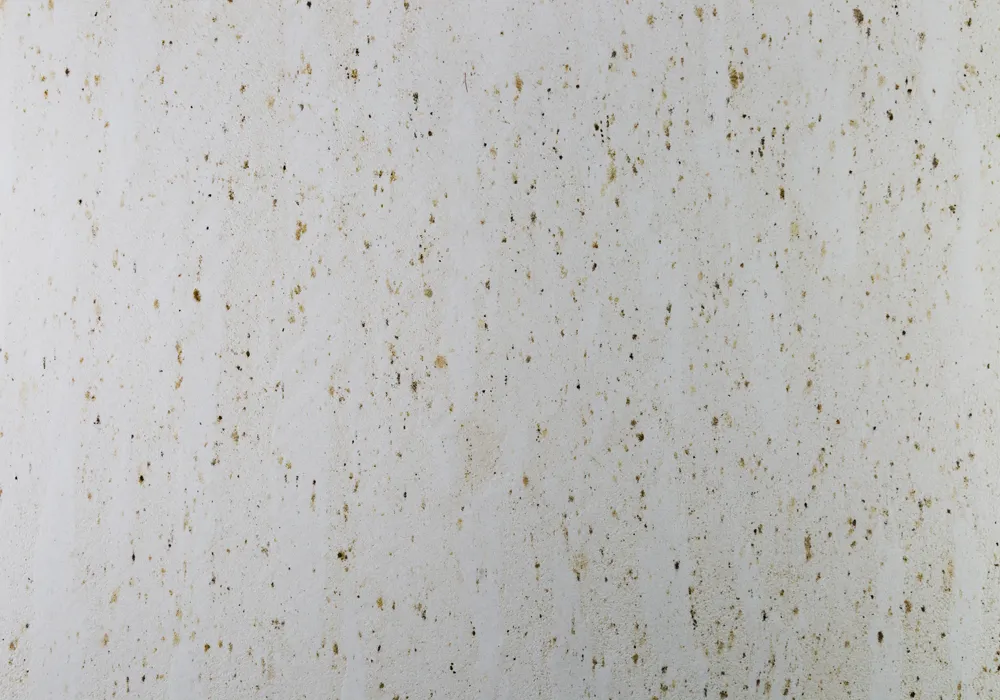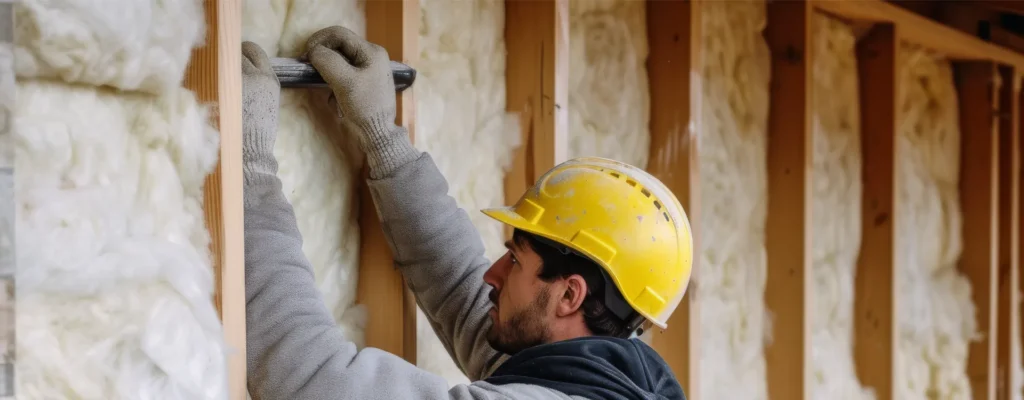The quality of a home’s insulation can have a significant impact on the health and well-being of its occupants. From temperature regulation to improved air quality, proper insulation plays a crucial role in creating a healthy and comfortable indoor environment. In this post, we will explain how good insulation can promote the health and well-being of residents.
Temperature control and thermal comfort
One of the main benefits of good insulation is its ability to maintain a stable indoor temperature. This is crucial for ensuring thermal comfort throughout the year. It reduces thermal stress and helps the body maintain a balanced internal temperature, promoting a more comfortable and healthy environment.

Reduction of humidity and mold prevention
Good insulation helps control humidity by preventing condensation and reducing the risk of mold. Maintaining appropriate humidity levels is crucial for avoiding respiratory and allergic issues, and ensuring a healthier environment.

Improvement of indoor air quality
Indoor air quality is profoundly affected by insulation. Well-insulated homes act as barriers against external pollutants and allergens, such as dust and pollution. A good insulation system prevents the infiltration of contaminated air, keeping the indoor air cleaner and healthier. Additionally, a space with less external air leakage reduces the presence of contaminants, contributing to better air quality and a healthier environment to breathe in.

Protection against external noise
Acoustic insulation is essential for creating a quieter and less disruptive indoor environment. In urban areas or busy neighborhoods, reducing the transmission of external noise can have a significant positive impact on quality of life. Less external noise not only enhances comfort but also helps to reduce stress and improve sleep quality.

Reduction of climate-related health issues
Insulation affects overall health by helping to maintain comfortable and stable indoor conditions. Environments with controlled temperatures and humidity levels can reduce the risk of respiratory issues, such as asthma and bronchitis, which are exacerbated by extreme temperatures and high humidity.

Impact on mental health and well-being
A well-insulated environment has a positive impact on mental health and emotional well-being. Creating a comfortable space free from thermal extremes and external noise helps foster a positive psychological environment. Reduced thermal stress and a quieter environment can enhance concentration and relaxation, leading to better sleep quality and an overall sense of well-being.

Impact on family quality of life
Properly insulating a home can enhance a family’s quality of life by providing a more comfortable and stable environment. By reducing extreme temperature fluctuations and exposure to external noise, insulation creates a more pleasant space for all family members. A comfortable environment can foster better family relationships and a more harmonious lifestyle

The impact of insulation extends far beyond mere temperature control. It plays a crucial role in creating a healthy and comfortable indoor environment, which directly affects the health

